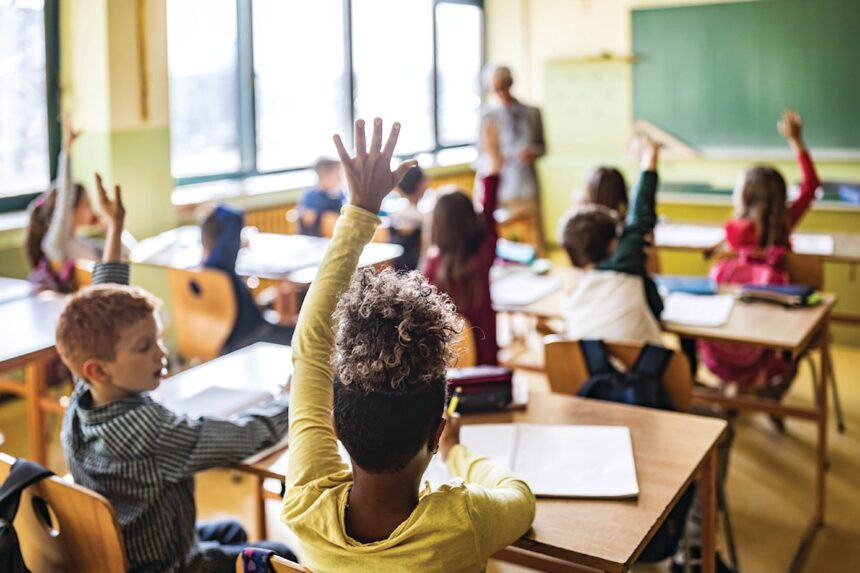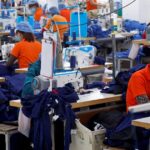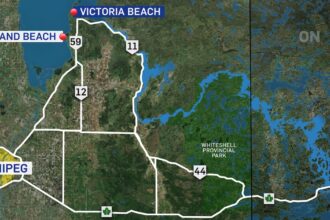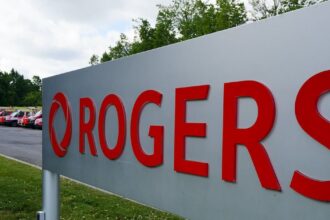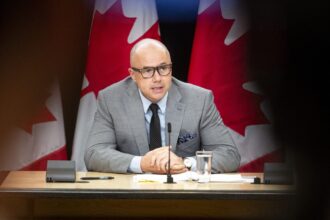In a significant boost to environmental education across the province, several Central Alberta schools have secured crucial funding through the 2024 Alberta Energy Education Grant program. The initiative, designed to foster energy literacy and sustainability awareness among students, has awarded over $220,000 to 34 schools provincewide, with Ponoka and Lacombe institutions among the fortunate recipients.
At Ponoka Secondary Campus, the $10,000 grant will drive an innovative project allowing students to construct and test their own wind turbines. “This hands-on experience gives our students the opportunity to engage directly with renewable energy concepts,” said Principal Ian Rawlinson. “They’ll not only learn the science behind wind power but also develop critical thinking skills about our energy future.”
Meanwhile, Lacombe Composite High School plans to utilize its funding to expand the school’s solar education program. The initiative will install monitoring equipment connected to existing solar panels, enabling students to analyze real-time data on energy production and consumption patterns throughout the academic year.
Alberta’s Energy Minister Brian Jean emphasized the program’s importance during the announcement in Edmonton last week. “Today’s students will shape tomorrow’s energy landscape,” Jean noted. “These grants represent our commitment to ensuring Alberta youth understand both traditional and emerging energy systems as our province navigates the complex transition ahead.”
The grants, ranging from $5,000 to $10,000 per school, will support various projects including field trips to energy facilities, classroom technology upgrades, and the development of specialized curriculum materials focused on Alberta’s diverse energy sector.
According to CO24 News, educational experts view these investments as particularly timely given Alberta’s position at the intersection of traditional fossil fuel production and growing renewable energy development. The province faces unique challenges in Canada’s broader energy transformation, making youth education on these topics increasingly valuable.
Jessica Martinez, energy education coordinator with Alberta Education, explained that the program aims to provide balanced information. “We want students exploring all aspects of our energy systems – from oil and gas extraction techniques to wind farm operations and battery storage technologies. The goal isn’t to promote one path but to develop informed citizens who understand the complexities involved.”
Several funded projects will specifically focus on Indigenous perspectives on energy development, creating partnerships between schools and nearby First Nations communities to incorporate traditional knowledge into energy education.
“What makes these grants particularly valuable is the student-led component,” explained Dr. Michael Collins, energy policy researcher at the University of Alberta. “Rather than passive learning, these projects encourage young people to actively engage with energy concepts through experimentation and community-based research.”
School boards across Alberta had submitted nearly 90 applications for this year’s funding cycle, demonstrating strong interest in enhancing energy education. The competitive selection process prioritized projects demonstrating innovation, cross-curricular integration, and potential for long-term educational impact.
For rural communities like Ponoka and Lacombe, these grants provide access to specialized learning opportunities that might otherwise be financially out of reach. The funding allows for equipment purchases, expert consultations, and transportation costs that small school budgets typically cannot accommodate.
As Alberta continues navigating its energy transition, how will these educational investments shape the next generation’s approach to the complex challenges and opportunities ahead?

